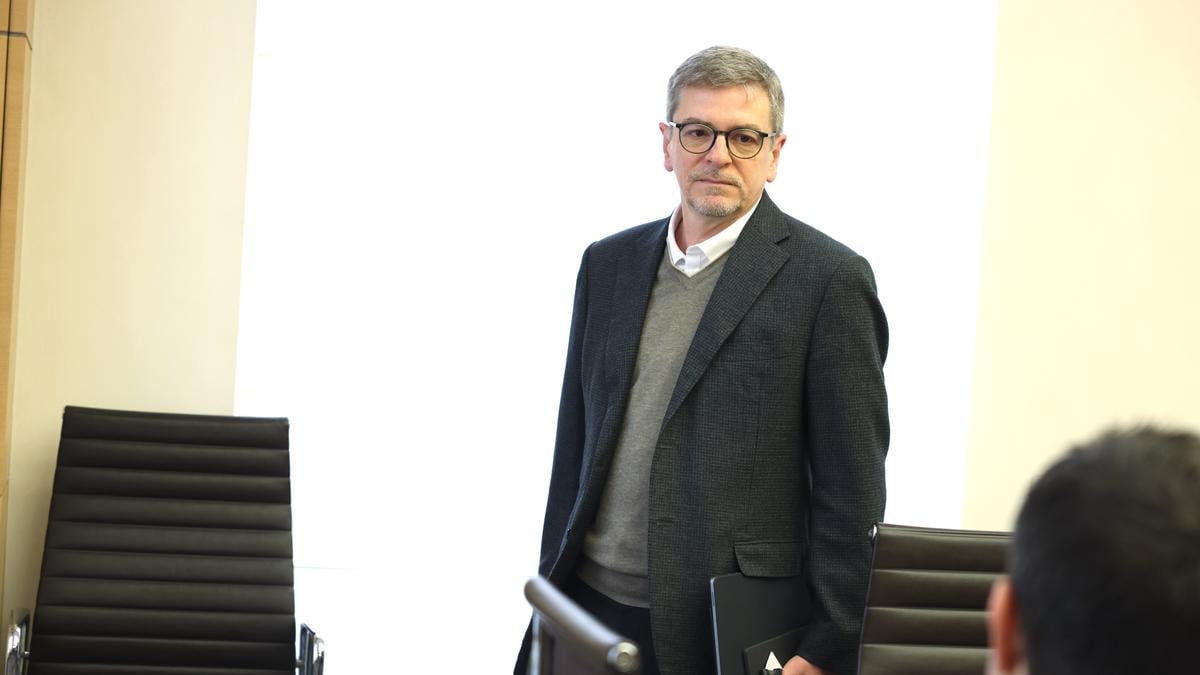Opposition parliamentarians on the Caritas investigation committee have been asking for weeks whether the fraud-hit charity’s complete dissolution and replacement by HUT, a new organisation, was truly necessary. Some claim that with adequate political will, Caritas could have been saved.
The government parties’ argument has been that in the process of being cheated out of €61 million, the aid organisation had taken out millions in new credit lines with the banks and that public bailout money therefore risked flowing straight back to financial institutions calling their loans in.
The CSV parliamentary group president, Marc Spautz, likening Caritas to a bucket full of holes, said it was not an option to keep pouring money in without knowing who drilled the holes in the first place. The government decided they had no choice but to set up HUT as a legally independent organisation that was completely insulated from Caritas’ creditors.
A new argument emerges
Speaking to the investigating committee on Wednesday, Marc Crochet, the director general of Caritas at the time of the fraud, cast doubt on the HUT argument.
Caritas was Luxembourg’s biggest charitable organisation and, as such, operated through several different units. As only Fondation Caritas took out credit lines with the banks, another of its service units could have taken over central coordination and financing, for example Caritas asbl, and minimised the disruption. This was how the Pirates’ Sven Clement explained the committee’s discussion after the meeting.
“Until now, the theory of the bucket with the holes applied. But that is no longer tenable,” said Taina Bofferding of the LSAP. The crisis committee, which was set up after the scandal became public, had always presented an “internal Caritas solution” as impossible, said Djuna Bernard from Déi Gréng. However, this was mainly because certain people had an interest in turning Caritas into a simple service provider.
Crochet himself did not comment to journalists after the meeting, referring to the ongoing investigations. His lawyer François Prüm, who had accompanied him to the meeting, said on his behalf that there had certainly been moves to keep activities within Caritas. He went on to express fear that the values Caritas stood for might not be represented in the new HUT organisation.
According to Bofferding, Crochet expressed disappointment to the commission that Prime Minister Luc Frieden had said after the scandal broke that there was no longer any trust in the management of Caritas.
PwC called in by Crochet
Representatives of the governing parties emphasised that Crochet had been of the personal opinion that Caritas could have been saved in its old form from the start of the scandal, and that he called in the consulting firm PwC for help controlling the situation.
Contradictions between Crochet’s statements and those of the board of directors and the personnel delegation showed, however, that there were problems in the organisation’s governance before the crisis struck, DP politician Carole Hartmann said.
Also read:Former Caritas head questions role of banks in fraud scandal
According to the CSV’s Charel Weiler, the president of the investigating committee, Crochet also referred to his strained relationship with the Caritas CFO, who authorised the transfers. Long before the scandal came to light, he had expressed doubts about the suitability of his employee, but did nothing about it.
(This article was first published by the Luxemburger Wort. Translation and editing by Alex Stevensson.)
